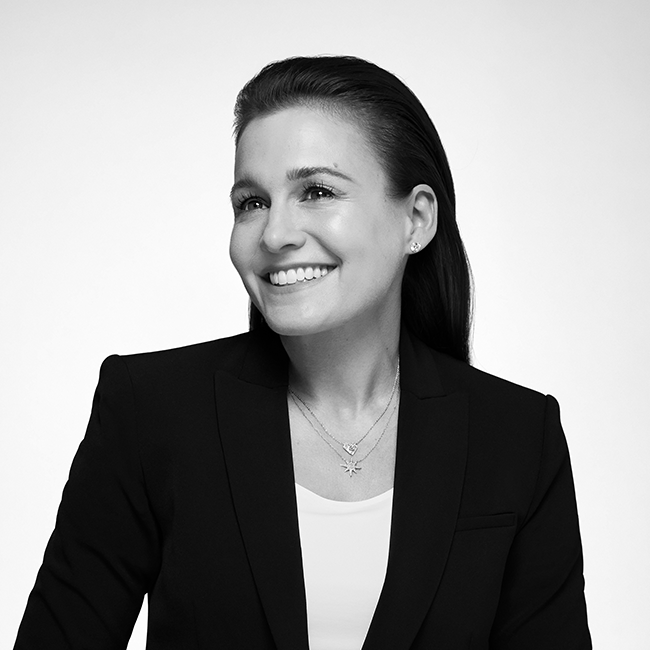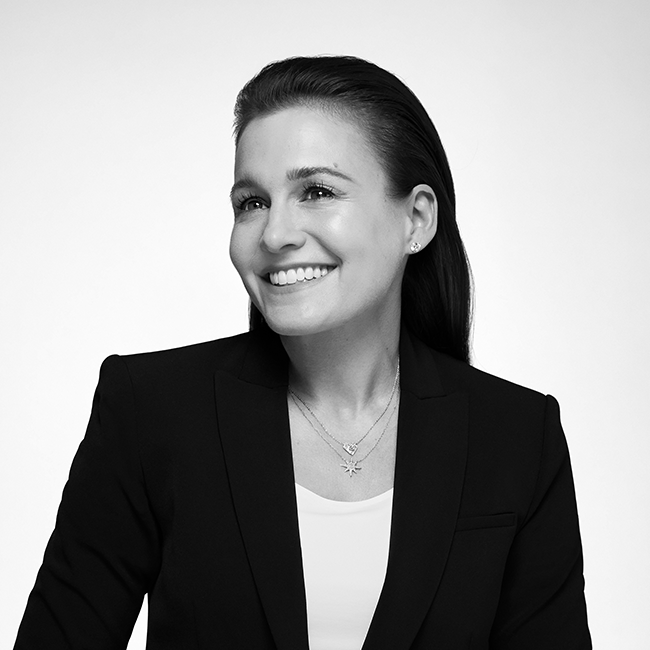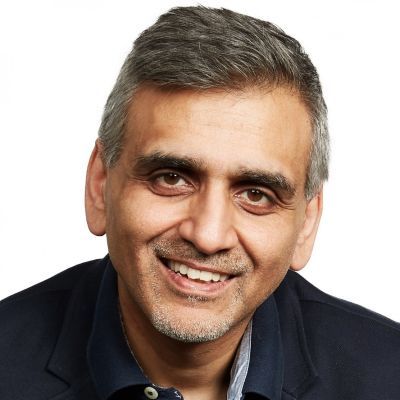
In today's data-driven world, a quantitative mindset may be essential across industries. The scale of global data growth is staggering: from 12.5 zettabytes in 2014 to 149 zettabytes in 2024, with projections reaching 394 zettabytes by 2028. This exponential growth signals a fundamental shift, with data fluency moving from a specialized skill to a core competency for organizations and a powerful tool for individuals and society.
While the need for quantitative thinking continues to grow, a key challenge remains: transforming vast amounts of data into actionable insights that inform strategic decisions. As businesses race to capture more information, their competitive advantage increasingly may depend on their ability to analyze and apply these data effectively.
The Widening Application of Quantitative Thinking
Once confined to fields like finance, technology, and academia, quantitative thinking is now embraced across industries. Sectors such as health care, logistics, and government are increasingly adopting data-driven strategies to address complex challenges and optimize operations.
In health care, predictive analytics and machine learning are revolutionizing patient care. Technologies like medical imaging, genomics, and wearable devices are helping to predict diagnoses, personalize treatments, and improve outcomes—empowering individuals to take greater control of their health decisions through data-informed insights.
Driving this shift is the rapid increase in computing power, which doubles roughly every 3.4 months. This progress has allowed organizations with the right expertise to process and analyze massive amounts of data, enabling faster, real-time decision-making and fostering innovation. As more industries adopt these methods, quantitative thinking is becoming more influential, reshaping how businesses, communities, and individuals approach problem-solving.
Building the Right Skill Sets for Success
As the demand for quantitative skills grows, sourcing the right talent has become more critical than ever. To remain competitive, organizations must cultivate workforces skilled in quantitative analysis. However, success isn't limited to those with math or computer science backgrounds. Many effective professionals come from diverse academic disciplines. The most successful quants combine technical expertise in programming, AI, and statistical modeling with strategic thinking, critical analysis, and collaboration.
Leaders who treat reskilling as a strategic investment position their organizations for long-term success.
Organizations are increasingly recognizing this need, prioritizing continuous learning, reskilling their workforce, and integrating data-literate professionals. With an estimated 40 percent of workers requiring reskilling due to advancements in AI, staying ahead of technological change is essential. Leaders who treat reskilling as a strategic investment position their organizations for long-term success.
WorldQuant’s talent-focused approach has sought to harness diverse perspectives and cross-functional collaboration, which is fundamental to our quantitative strategy. We believe that this global workforce structure, coupled with our decision-making process that is approached through a quantitative lens, can serve as framework for operating with agility and proficiency in data-driven environments.
Embracing a Data-Driven Future
Organizations that effectively harness data, refine predictive models, and invest in analytical talent will likely be better equipped to navigate uncertainty and drive sustainable growth. By viewing data as a strategic asset, they can maintain their competitive edge and contribute to societal progress. Embracing quantitative approaches will enable companies to adapt, identify opportunities, and drive growth, benefiting both business performance and customer outcomes.


























